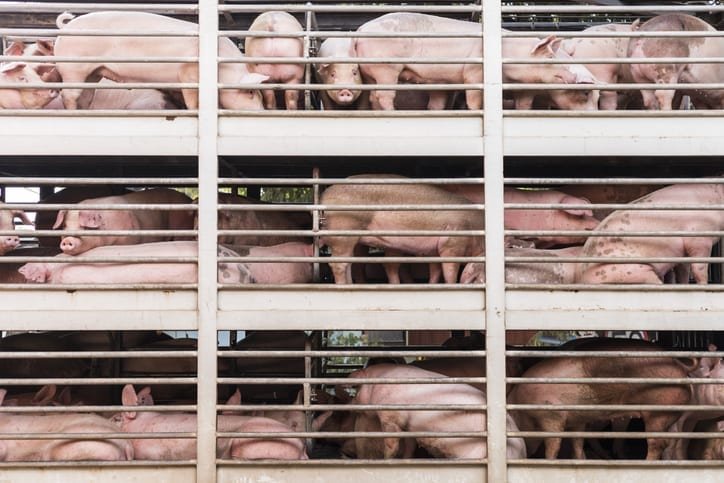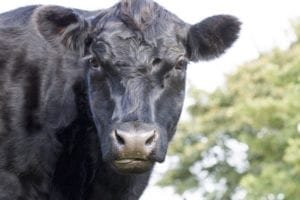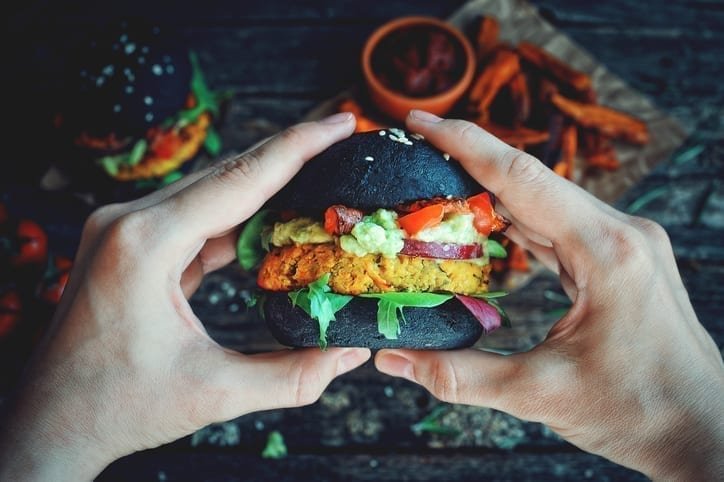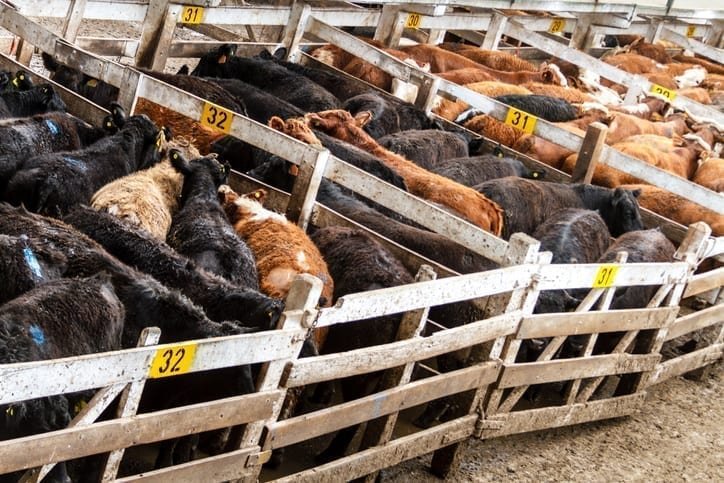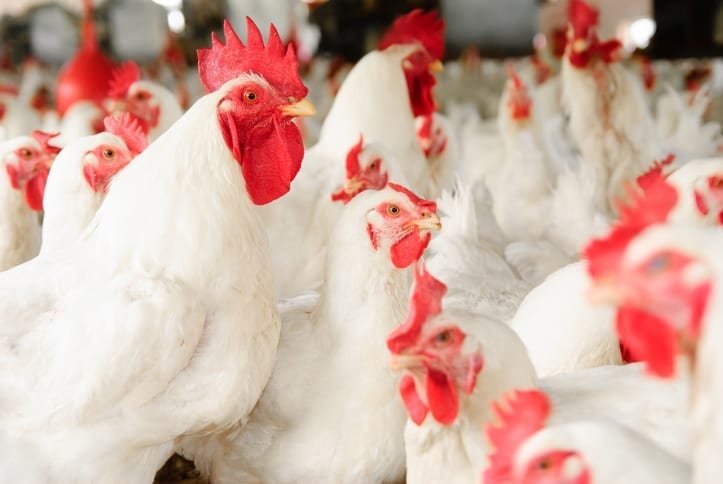Leading UK doctors are backing a plea for the public to stop eating meat if we are to prevent future global health disasters.
At the same time, over 33,000 people have signed a pledge to give up meat for the month of May – and beyond – with many ditching animal products in a bid to prevent future pandemics caused by zoonotic diseases.
Diseases and factory farming
The global No Meat May campaign has teamed up with plant-based doctors in the UK to call on the general public to make the connection between major disease outbreaks and animal agriculture.
The campaign also surveyed 2,500 of the 33,000 people who signed up to this year’s campaign – in which people pledge to give up meat and other animal products for a minimum of 31 days.
38% of those surveyed are giving up meat due to concerns with possible links between the meat industry and diseases like Covid-19.
The survey also found that personal health is the primary driver this year, with 79% of participants wanting to reduce their risk of chronic diseases.
‘Some politicians and commentators blame China for Covid-19, but they do not mention that all of the recent major disease outbreaks have been caused by tampering with animals and their habitats, or that our chicken salad and pepperoni pizza could be the next big health risk.
‘The inconvenient truth is that factory farms put a strain on animal health, which means we treat them with antibiotics and small doses end up in your meal.
‘A UN report suggests an extra 10 million people may die by 2050 as a result of antibiotic resistance, and we can add viral pandemics to these figures too. This current crisis shows us that we are not prepared for the future we are creating.’
DR GEMMA NEWMAN
Senior partner at a UK medical practice
Health crises linked to animals
From reports that Covid-19 began in a wet market in Wuhan, and other pandemics being caused by our direct contact with animals – including Swine Flu (pigs), Avian Flu (birds), Spanish Flu (poultry) SARS-CoV (civets) MERS-CoV (camels) and HKU1 (mice) – to the looming threat of antibiotic resistance, our relationship with both farmed and wild animals is causing global health crises.
With zoonotic diseases such as coronaviruses infecting 2.5 billion people each year, No Meat May, Dr Gemma Newman, and the non-profit organisation Plant Based Health Professionals UK, led by Dr Shireen Kassam, are calling on the public to give up eating meat this May – and ideally other animal products including dairy and eggs – to help prevent future crippling global health disasters such as Covid-19.
‘Our industrial-scale factory farms are like a ticking time bomb – yet I can guarantee that lentils will not spark a viral pandemic any time soon.
‘Many of us are sitting at home wondering what we can do to help this situation. Taking some time to reflect on what we eat, limiting the meat we put in our supermarket trolley and shifting to a more plant based diet will help us move towards a safer future.
‘Signing up to the No Meat May campaign is a lovely way to feel supported in reducing meat consumption moving forwards.’
DR GEMMA NEWMAN
Senior partner at a UK medical practice
 Play Video about This Rock Might Just Save The World
Play Video about This Rock Might Just Save The World Play Video about Play 2 hours of rock
Play Video about Play 2 hours of rock Play Video about Play 2 hours of brook
Play Video about Play 2 hours of brook Play Video about Play 2 hours of sheep
Play Video about Play 2 hours of sheep

















